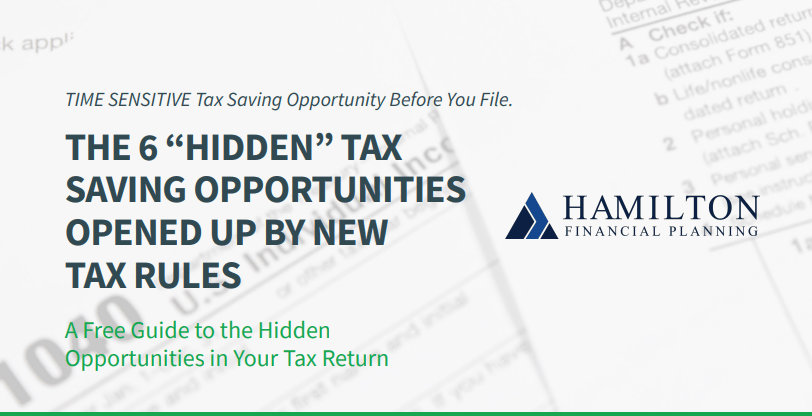
By Scott Hamilton
Do you have idle cash sitting in your accounts? While it might be satisfying to see a large amount of money in your bank, having it sit in a savings or checking account can pose a risk to your financial well-being. Inflation’s effects can erode the value of your money over time, leaving you with reduced purchasing power and missed opportunities for growth.
There’s no doubt that holding some amount of cash in your accounts to pay for regular and unforeseen expenses is wise. But if you have too much excess money, the chances of growing your wealth might be reduced. Read on to learn ways to proactively invest your extra cash and ultimately put more in your pocket.
Table of Contents
Origins of Idle Cash
Idle cash can build up in a variety of ways. Young professionals earning more money than they are used to can let cash pile up in their savings because they don’t know how to make it work for them. Experienced investors may not even realize they have idle cash sitting around from dividend payouts that aren’t automatically reinvested. Cash from passive revenue streams, such as rental properties, may not be integrated into your investment portfolio and could be actively dragging down your return potential.
Regardless of where the cash is coming from, having too much of it idle in your portfolio is not a wise financial strategy. There is no right number and it is different for every person and family, but we believe one should have a cash contingency target to keep in reserves based on your unique circumstance. Other than this backup cash, the amount of idle money in your portfolio should be limited, with additional funds being productively put to work.
Stay on Top of Your Accounts
Do you know how much idle cash you’re carrying? You may consider the money you put into mutual funds as being invested, but did you know that these funds usually keep about 5% of the portfolio in cash and cash equivalents? Evaluate your portfolio as soon as possible, because the excess cash sitting in your savings is losing the fight against inflation.
Inflation has increased costs, and the value and purchasing power of $100 today is very different from that of 30 years ago. Even with rising interest rates, idle cash is still not earning nearly enough to effectively combat inflation and holding on to excess cash for the long term is effectively minimizing the potential upside of your hard work. What can you do with the extra cash? How do you reinvest it so you maximize its return?
A Better Alternative
At Hamilton Financial Planning, we strive to find the best way to put your money to work and align your investments with your current needs and future goals. Whether you’re saving for your child’s education, strengthening your retirement accounts, or planning to purchase a new home, we want to see your investments reach their potential.
It’s important to understand there are more efficient ways to handle cash than simply stockpiling it in a checking or savings account. If you need liquidity but still want to put your cash to work, consider investing in short-term securities. These types of investments can be liquidated in less than a year but earn better returns than money collecting dust in your savings account.
Municipal bonds, real estate, and savings bonds are all excellent long-term investment options if you’re in a position to limit access to your funds for an extended period of time. These types of investments require commitment but can be lucrative if held until maturity.
We Can Help You Get There
If you have excess cash sitting in your portfolio, we can assist you. Our team at Hamilton Financial Planning can demonstrate the potential profits that may be missed by holding cash for a long time. Additionally, we can evaluate your portfolio allocations to help you decide on the best investment plan to help increase your cash gains.
If you think idle cash might be affecting your return potential, reach out to us and schedule a complimentary get-acquainted meeting online, or by calling us at 512-261-0808 or emailing scott@hamiltonfinancialplanning.com.
About Scott
Scott Hamilton is founder and chief financial officer at Hamilton Financial Planning, a wealth management firm that specializes in providing comprehensive financial planning for retirees. With over 20 years of experience in the financial industry, and having completed over 250 financial plans for retirees across all industries, but mostly the oil and gas industry, Scott is passionate about providing his clients with the tools and insight they need to achieve their financial goals. He has a Bachelor of Business Administration in finance from Texas State University and an MBA in international finance from Pepperdine University. Scott has also been happily married to his wife, Gayle, for over 25 years. To learn more about Scott, connect with him on LinkedIn.

